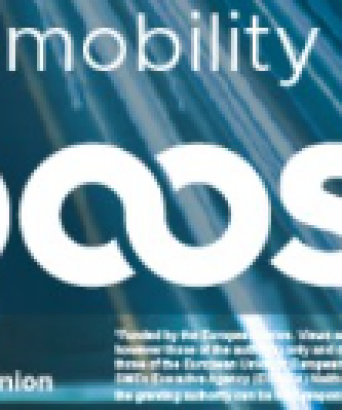DG TAXUD is conducting a public consultation on the evaluation of VAT invoicing rules. This is relevant to SMEs, providing an opportunity to comment on the current invoicing rules, as amended by the Second Invoicing Directive (2010).
The VAT Directive – 2006/112/EC provides common rules at the level of the EU regarding the issuance, content, and transmission of invoices. These rules have been last amended in 2010 by Directive 2010/45/EU, which aimed at reducing administrative burdens for businesses, increasing the uptake of e-invoicing, improving the functioning of the Single Market, promoting SMEs and allowing better control of the tax.
The European Commission has launched an evaluation of the invoicing rules laid down in the VAT Directive. Invoicing rules are relevant for business stakeholders who issue and receive invoices.
The purpose of the evaluation carried out by the Commission is to assess the impacts of the invoicing rules introduced by the Second Invoicing Directive on the extent to which they led to simplification, what are the regulatory costs and benefits involved, the extent to which they assisted Member States in carrying out their control functions and the extent to which these rules stimulated the uptake of e-invoicing. The evaluation should also explore possible avenues for reform.
Give your opinion before September 21st on





